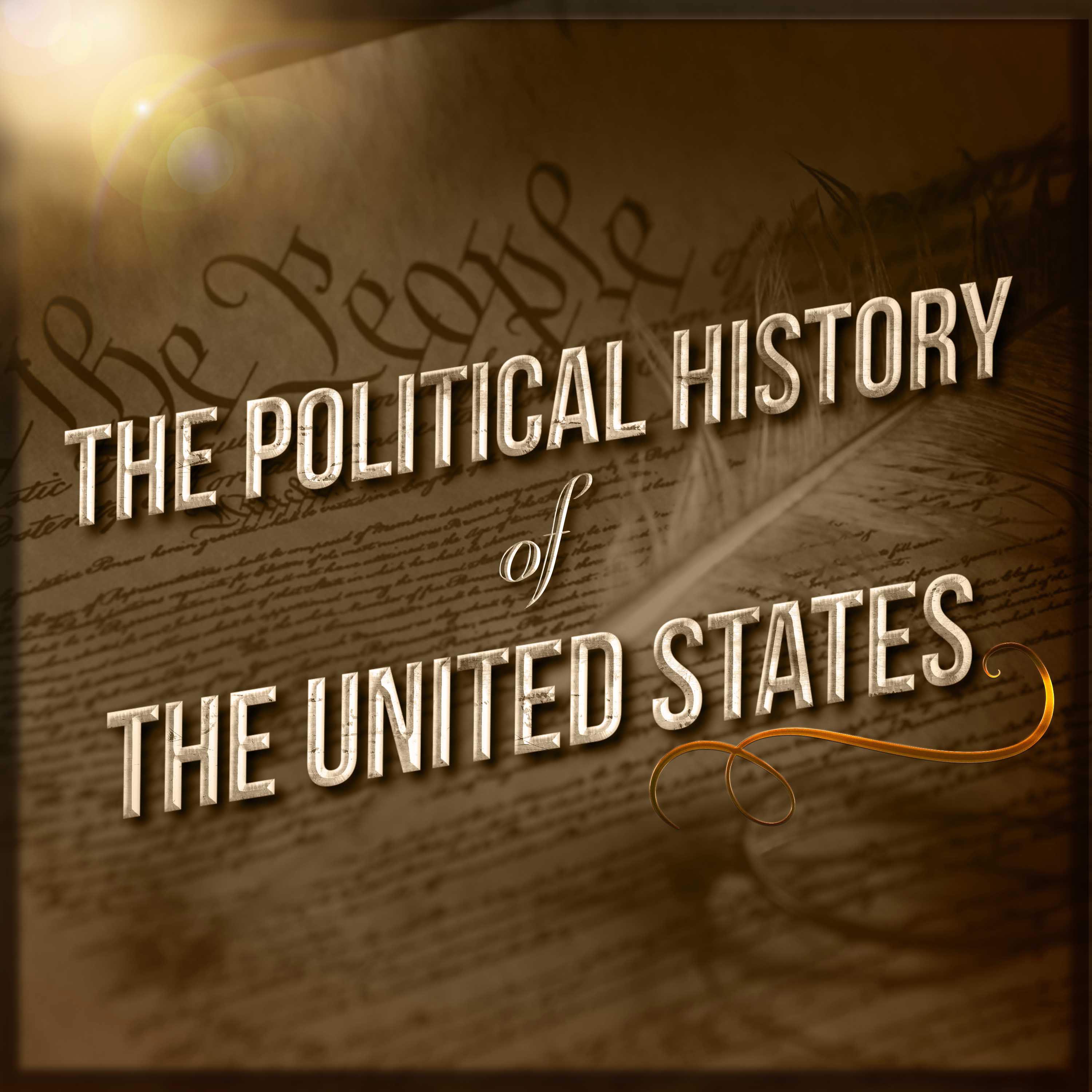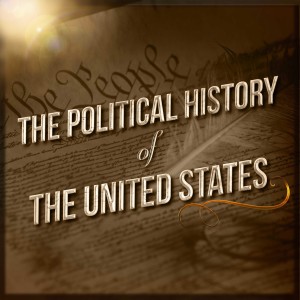Welcome to the Political History of the United States podcast homepage. This podcast is dedicated to telling the story of the political history of the United States. From the first English colony at Jamestown up to modern times. How did the United States go from being a small number of colonies to the global superpower that we know it as today? That is what this podcast will tell.








